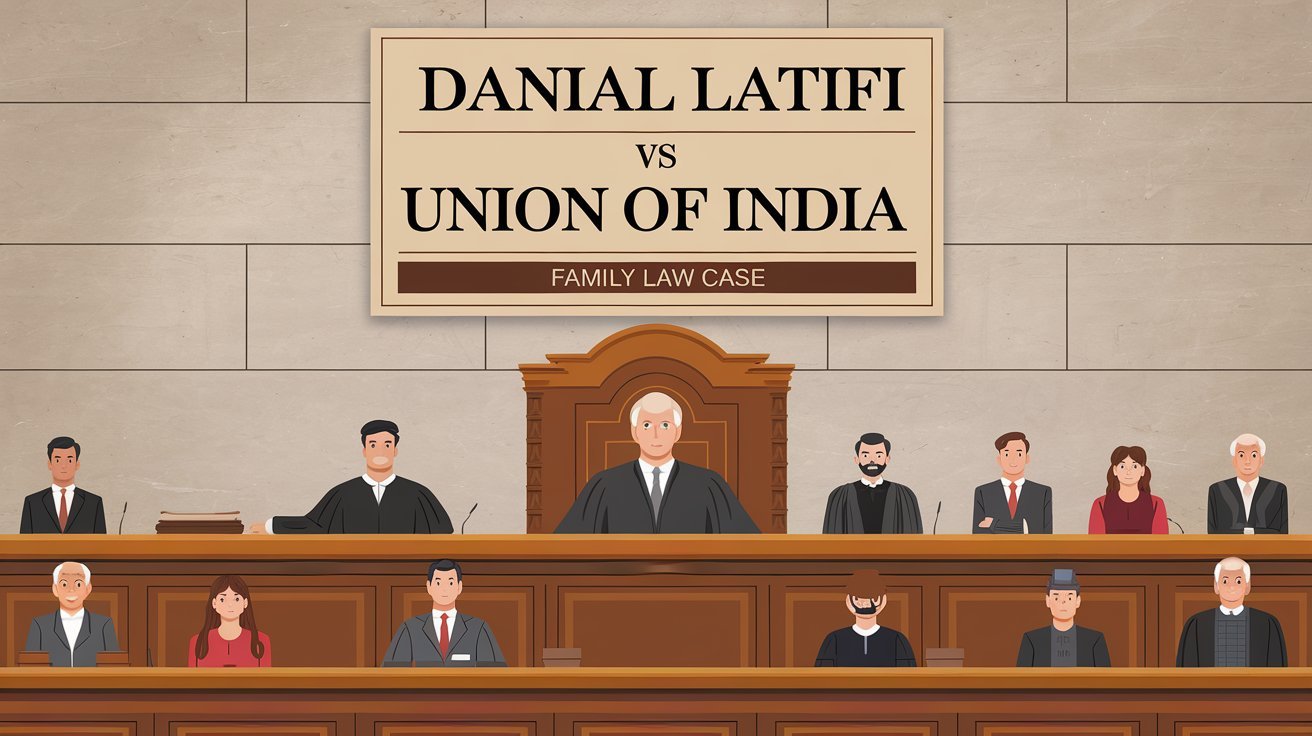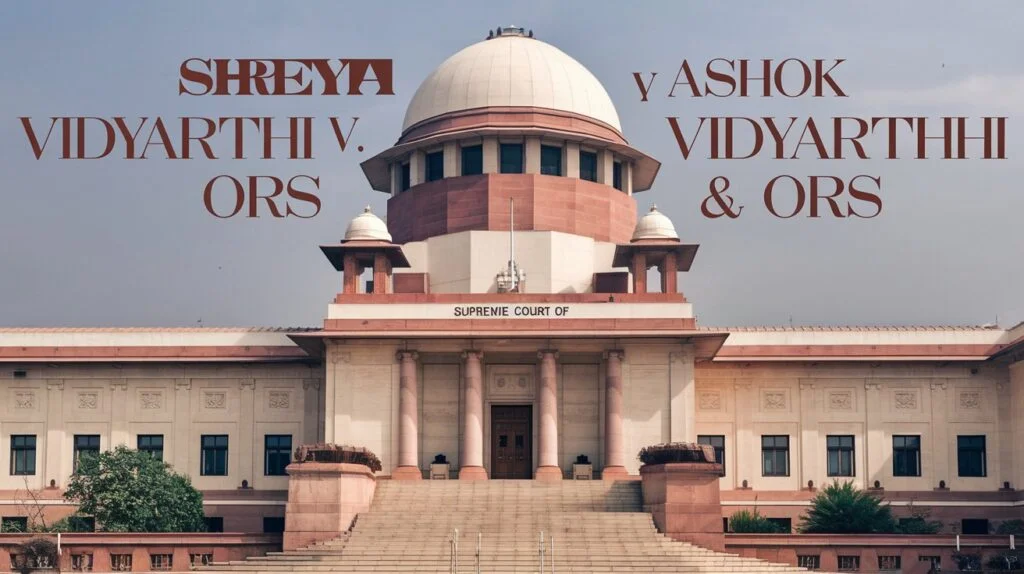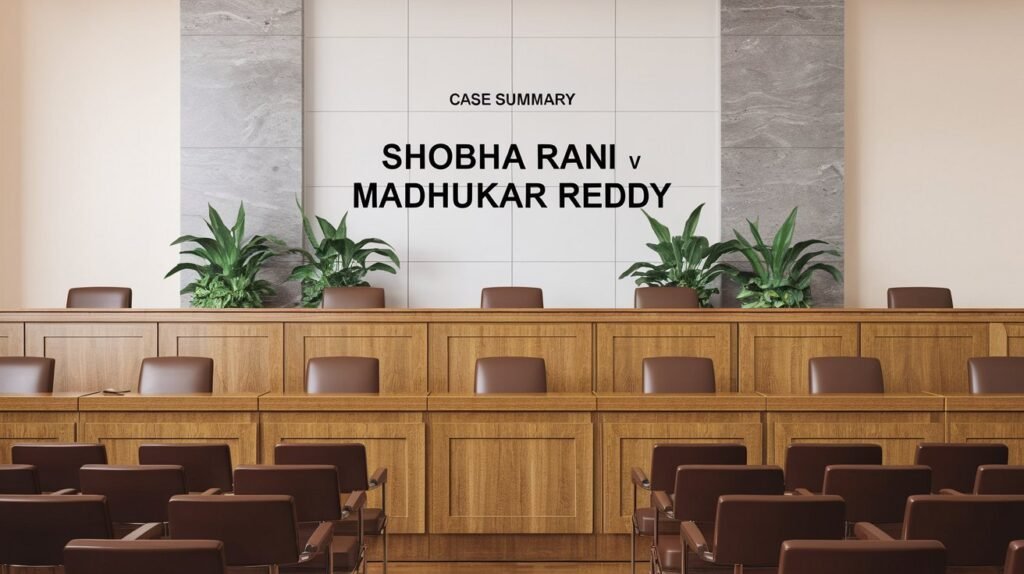Danial Latifi & Anr. v. Union of India 2001 (Case Summary)

The case of Danial Latifi & Anr. v. Union of India revolved around the constitutional validity and interpretation of the Muslim Women (Protection of Rights on Divorce) Act, 1986. This legislation was introduced following the controversial Shah Bano case in 1985, where the Supreme Court ruled in favor of granting maintenance to a divorced Muslim woman under Section 125 of the Criminal Procedure Code (CrPC). The Act sought to address the backlash from the Muslim community and override the Supreme Court’s decision in Shah Bano by mandating that maintenance for divorced Muslim women be determined according to Islamic law.
Table of Contents
ToggleFacts of Danial Latifi & Anr. v. Union of India
- In 1985, Shah Bano, a 62-year-old Muslim woman, was awarded maintenance under Section 125 of the CrPC, which applies to all citizens, irrespective of religion. This ruling was seen as a violation of Islamic law, leading to widespread protests within the Muslim community.
- In response to the Shah Bano judgment, the Indian Parliament passed the Muslim Women (Protection of Rights on Divorce) Act, 1986, which provided that the maintenance of a divorced Muslim woman should be in accordance with Islamic law and not under CrPC.
- Danial Latifi, a senior advocate and jurist, along with other petitioners, challenged the constitutionality of the Act, arguing that it discriminated against Muslim women by denying them the same maintenance rights as women of other religions under Section 125 CrPC. The petitioners claimed that the Act violated the fundamental rights of Muslim women under Articles 14, 15, and 21 of the Constitution of India.
Issues framed
- Whether the Muslim Women (Protection of Rights on Divorce) Act, 1986 violated the fundamental rights of equality, non-discrimination, and personal liberty guaranteed under Articles 14, 15, and 21 of the Constitution of India?
- Whether the Act provided adequate maintenance for divorced Muslim women and safeguarded their constitutional rights?
Judgment of Judgment of Danial Latifi & Anr. v. Union of India
The Supreme Court examined the Muslim Women (Protection of Rights on Divorce) Act, 1986 and interpreted its provisions in light of the constitutional guarantees of equality, non-discrimination, and personal liberty.
The Supreme Court upheld the constitutionality of the Act but provided an interpretation that ensure fairness and justice for divorced Muslim women. The Court ruled that the phrase “reasonable and fair provision and maintenance to be made and paid to her within the iddat period by her former husband” in Section 3(1)(a) of the Act should be understood to mean that the maintenance provided should cover the woman’s needs for her entire life, or until she remarries. This interpretation ensured that the maintenance was not limited to the Iddat period, as initially perceived.
The Supreme Court upheld the Muslim Women (Protection of Rights on Divorce) Act, 1986 but ensured that its provisions were interpreted to protect the rights of divorced Muslim women. The judgment reinforced the idea that the maintenance paid should be sufficient for the woman’s lifetime or until remarriage, aligning the Act with the constitutional guarantees of equality and justice under Articles 14, 15, and 21. This ruling harmonized personal laws with the Constitution and ensured that divorced Muslim women were treated fairly and justly in terms of maintenance.





